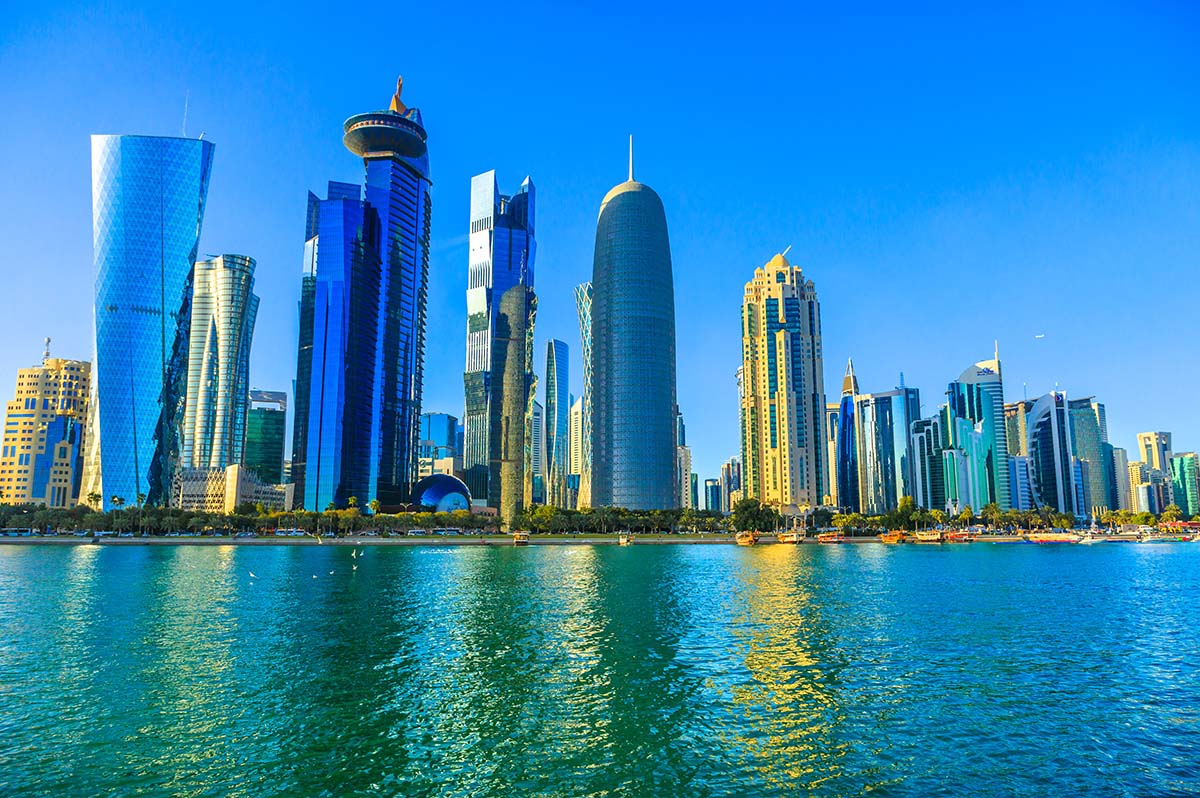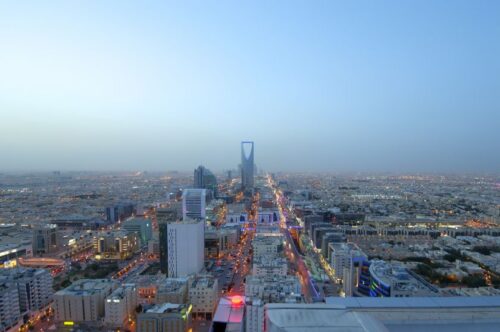
After the Taliban extremists took over Afghanistan in August 2021, they announced that they hoped to continue good relations with Afghanistan’s neighbors: China, India, Russia, Pakistan, and the Gulf states as well. However, existing conditions made direct contacts difficult and the country chosen as principal intermediary — which was thus enabled to fill a significant role in shaping Afghanistan’s regional policy — was Qatar. Qatar had already constructed a relationship with the Taliban years before, when in 2013 it allowed the Taliban to open a diplomatic mission in Doha with support from the US government.
Washington had been looking for a neutral location for holding negotiations with the Taliban in preparation for withdrawing American forces from Afghanistan. It opened the diplomatic mission after finding that direct negotiations, with the Taliban on one side and Afghanistan and the NATO of the time on the other side, were a failure and concluding that a clear alternative channel was needed. The Doha mission would enable the Americans to communicate secretly with the Taliban while officially continuing to support the Afghan government. Qatar was ostensibly the go-between in those talks, but in practice it served as the Taliban’s patron. In the negotiations, the Americans agreed to release imprisoned Taliban members; and among those freed was a founder of the Taliban, Mullah Abdul Ghani Baradar. He would become the head of the organization’s diplomatic mission in Qatar.
On the basis of the US support for Qatar as go-between in talks with the Taliban, Qatar was positioned to take on a broader role in matters touching on Afghanistan. Even after the Doha talks between the Taliban and the former Afghan government collapsed in 2020, western countries — and, especially, international organizations — accepted Qatar’s legitimacy as an intermediary and a point of contact with the Taliban. US Secretary of State Antony Blinken, US Secretary of Defense Lloyd Austin, and foreign ministers from Germany, the UK, the Netherlands, and Italy arrived in an aerial caravan to Qatar, emphasizing the country’s importance — in comparison with other countries such as China, Pakistan, and Russia — as an intermediary with Afghanistan.
In February 2020, the USA signed a historic peace agreement with the Taliban, including a commitment to gradually withdraw from Afghanistan and lift the sanctions against the organization. The Taliban, for their part, agreed to respect human rights, not to permit terrorist activity from the area under their control, and to open a dialogue with the Afghan government in order to find a solution for Afghanistan. Shortly afterward, when Abdul Ghani Baradar — head of the Taliban’s diplomatic mission in Qatar — landed in Afghanistan to take office as the new President on the Taliban’s behalf, he disembarked from a Qatar Emiri air force plane made in the USA.
Since most of the world’s nations do not officially recognize the Taliban regime, and most of the western embassies have left Afghanistan, intercession by a third party is required; and Qatar is in place as the natural candidate for that role. Qatar’s main interest in Afghan affairs, as in other matters, has to do with entrenching itself as the regional intermediary. Qatar advances its regional and international influence by means of the prestigious intermediation that positions it as a central player in the eyes of the world powers and international organizations. Thus, for example, Qatar intermediated between Germany and the Taliban during 2024 for the return of Afghan emigrants to Afghanistan.
However, some international players see Qatar as offering a platform for the extremism of the Taliban organization, which even cooperates directly with Al-Qaeda and assists in international terrorism.
Qatari policy is basically driven by a combination of political Islam and a business agenda. That policy includes granting material assistance, such as funding, favorable publicity, and even armaments, to various recipients. Thus, for example, for years the Qatari television station Al Jazeera, based in Doha, has given the Taliban a platform for addressing the world. The Taliban’s diplomatic mission in Doha underwent a quick process of branding and was presented as the legitimate representative of the Afghan nation — a sort of shadow government as against the government that sits in Kabul.
An example of Qatar’s deep ties in Afghanistan is that shortly after the attacks of September 11, Qatar’s Al Jazeera network was the only mass communications medium that succeeded in interviewing the number one suspect of the day, Al Qaeda commander Osama Bin Laden, at his hideout in Afghanistan. Thus Qatar’s policies advance its interests indirectly while exploiting its close alliance with the USA.
Qatar appears untroubled by its ties with disreputable players such as Hamas, Iran, and the Muslim Brotherhood. In fact, it is such connections that have elevated it as the sole, key player that can lessen the distress of the west in the face of those enemies. Thus Qatar exploits the conflicts of the region and the problems of the west in order to propose a solution tailored by the wealthy little emirate itself. Qatar’s strategy displays more business thinking than ideological determination. However, Qatar’s approach is not pure business; it does also involve making western players dependent on its services so that it may be continue as a central player and as the exclusive address for solving problems with the anti-western elements of the Middle East.
This article was originally published in ynetnews
The views expressed in this article are those of the author and do not necessarily represent the views of the movement



